Genes, Free Full-Text
$ 5.50 · 5 (341) · In stock
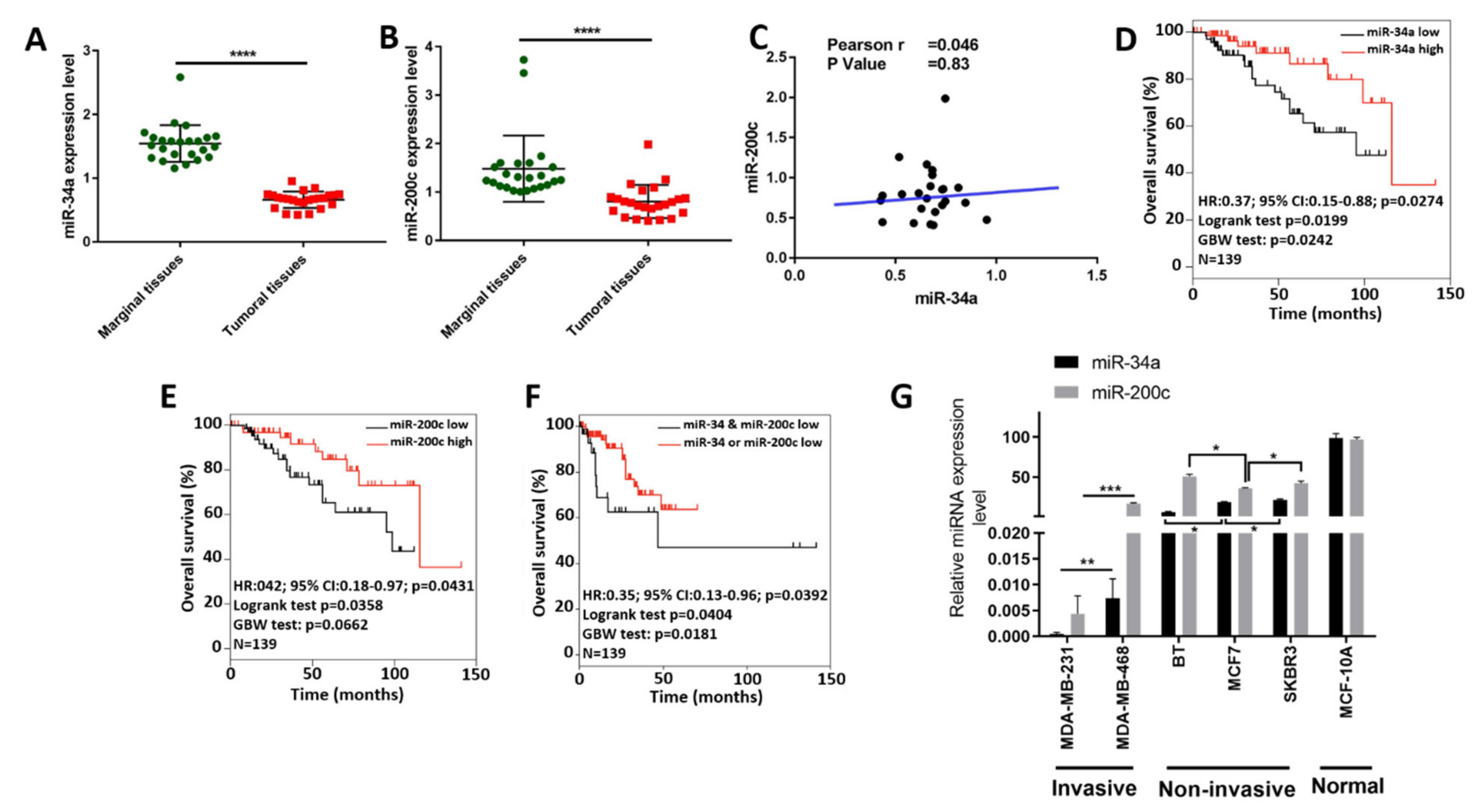
Breast cancer is the most common women’s malignancy in the world and, for subgroups of patients, treatment outcomes remain poor. Thus, more effective therapeutic strategies are urgently needed. MicroRNAs (miRNAs) have emerged as promising therapeutic tools and targets, as they play significant roles in regulating key cellular processes by suppressing gene expression. However, additive opportunities involving miRNAs have been underexplored. For example, both miR-34a and miR-200c individually suppress the development of different types of cancer, but the cellular effects of their combined actions remain unknown. Here, we show that miR-34a and miR-200c levels are reduced in breast tumors compared to adjacent normal tissues and that this additively predicts poor patient survival. In addition, in cell lines, miR-34a and miR-200c additively induce apoptosis and cell cycle arrest, while also inhibiting proliferation, invasion, migration, stemness and epithelial-to-mesenchymal transition (EMT). Mechanistically, both miRNA-34a and miR-200c directly target HIF1-α and subsequently downregulate VEGFR, MMP9 and CXCR4, although combined miRNA-34a and miR-200c delivery suppresses mouse xenograft tumor development as effectively as individual delivery. We establish a model, supported by in vitro and clinical data, which collectively suggest that the co-delivery of miR-34a and miR-200c represents a promising novel therapeutic strategy for breast cancer patients.
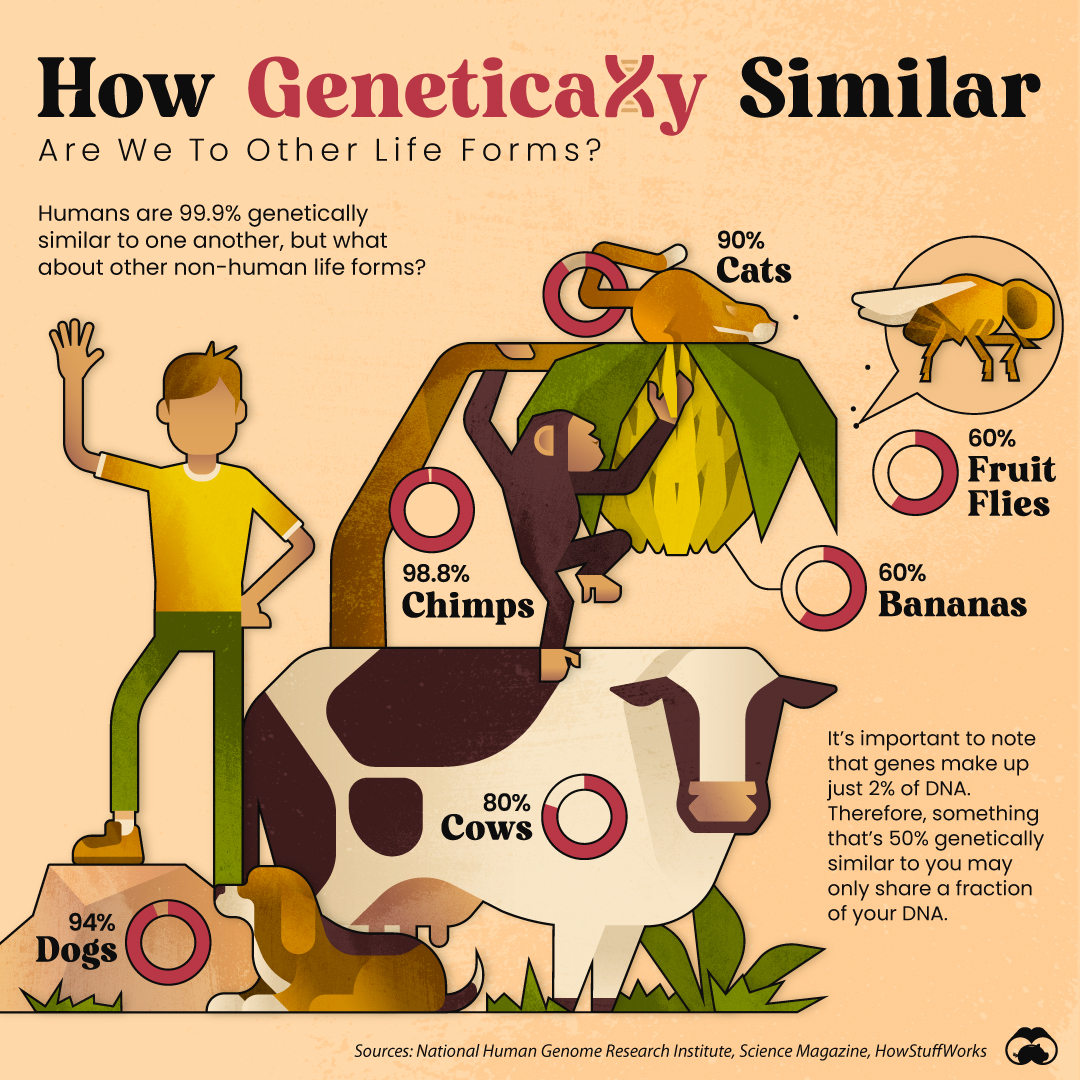
How Genetically Similar Are Humans To Other Life Forms?
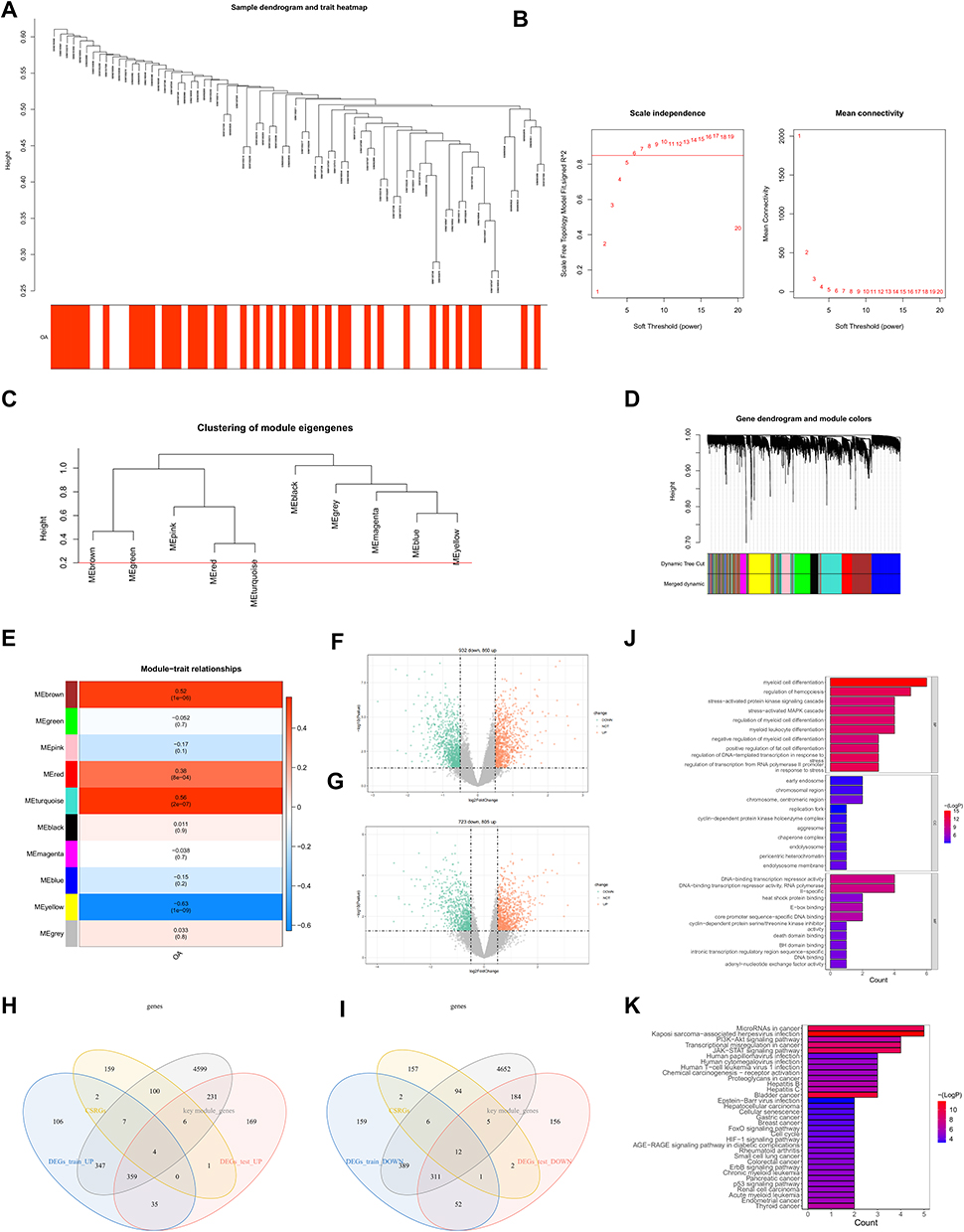
Cellular senescence-associated biomarkers of osteoarthritis
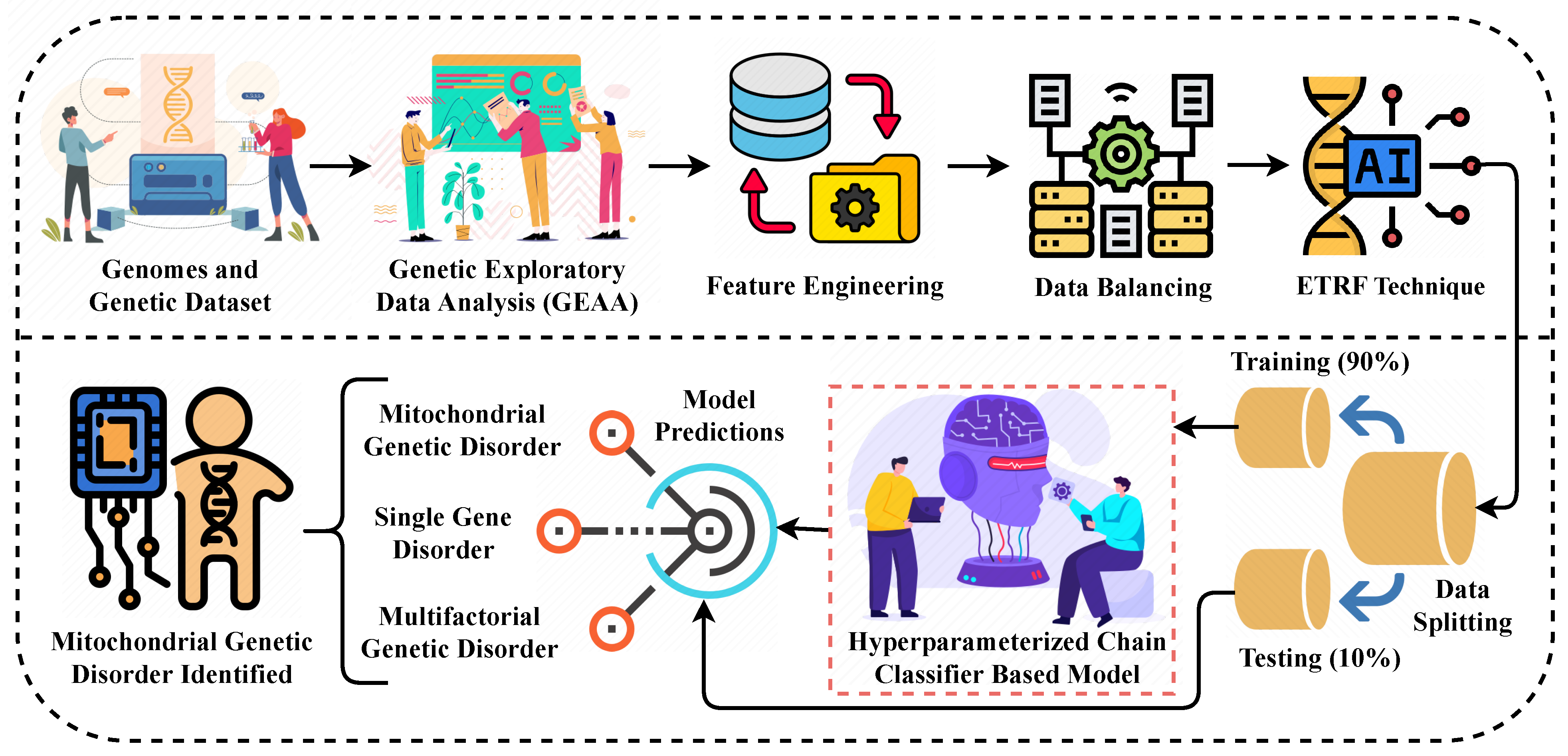
Genes, Free Full-Text

Genes, Free Full-Text
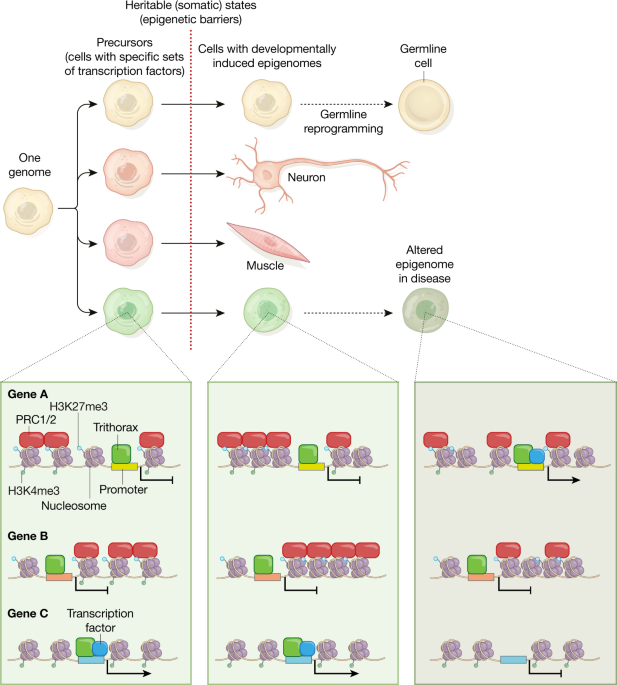
media.springer/m685/springer-static/imag
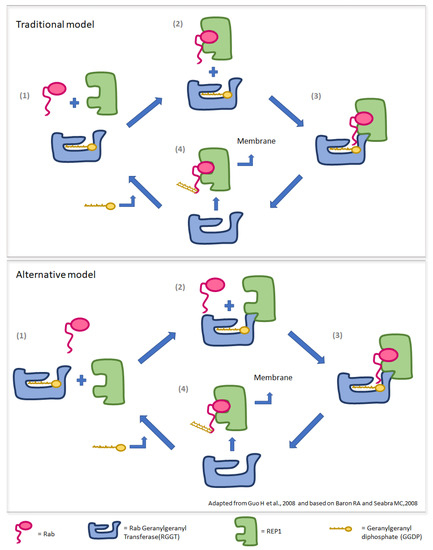
Genes, Free Full-Text, overloaded tradução
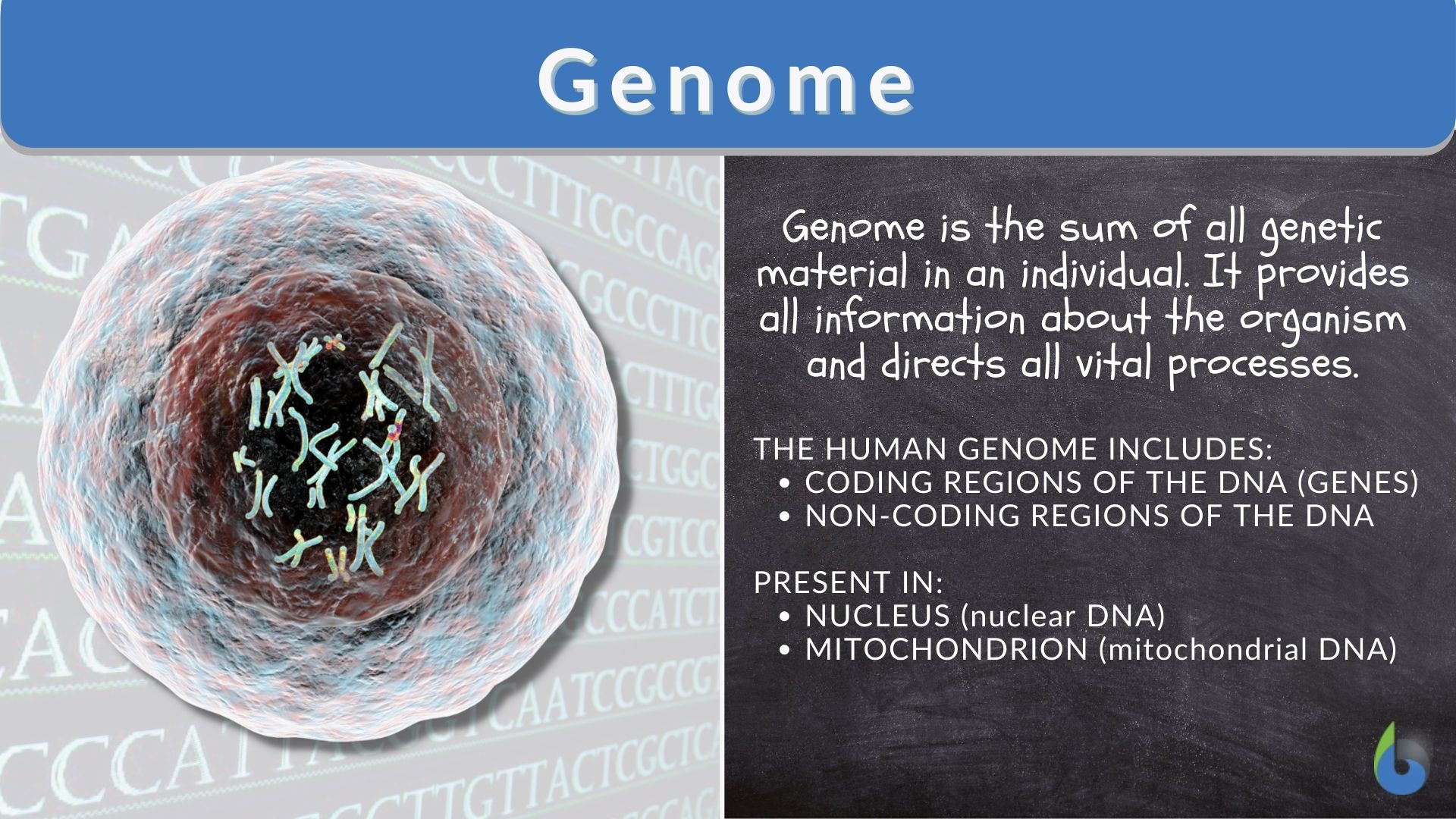
Genome - Definition and Examples - Biology Online Dictionary
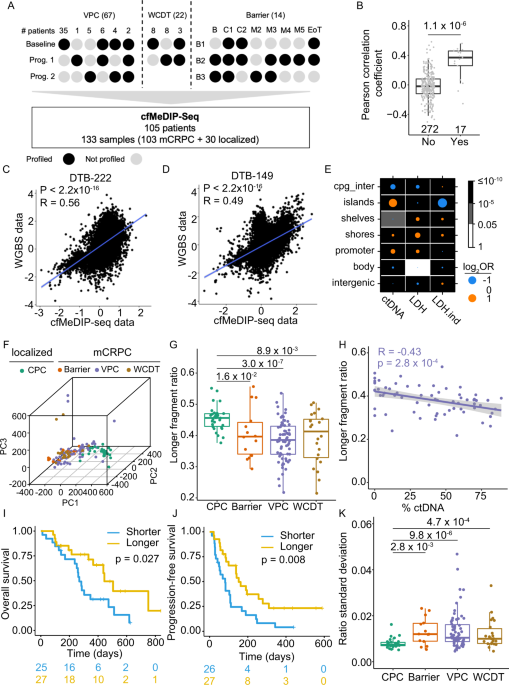
The cell-free DNA methylome captures distinctions between localized and metastatic prostate tumors

Genes, Free Full-Text
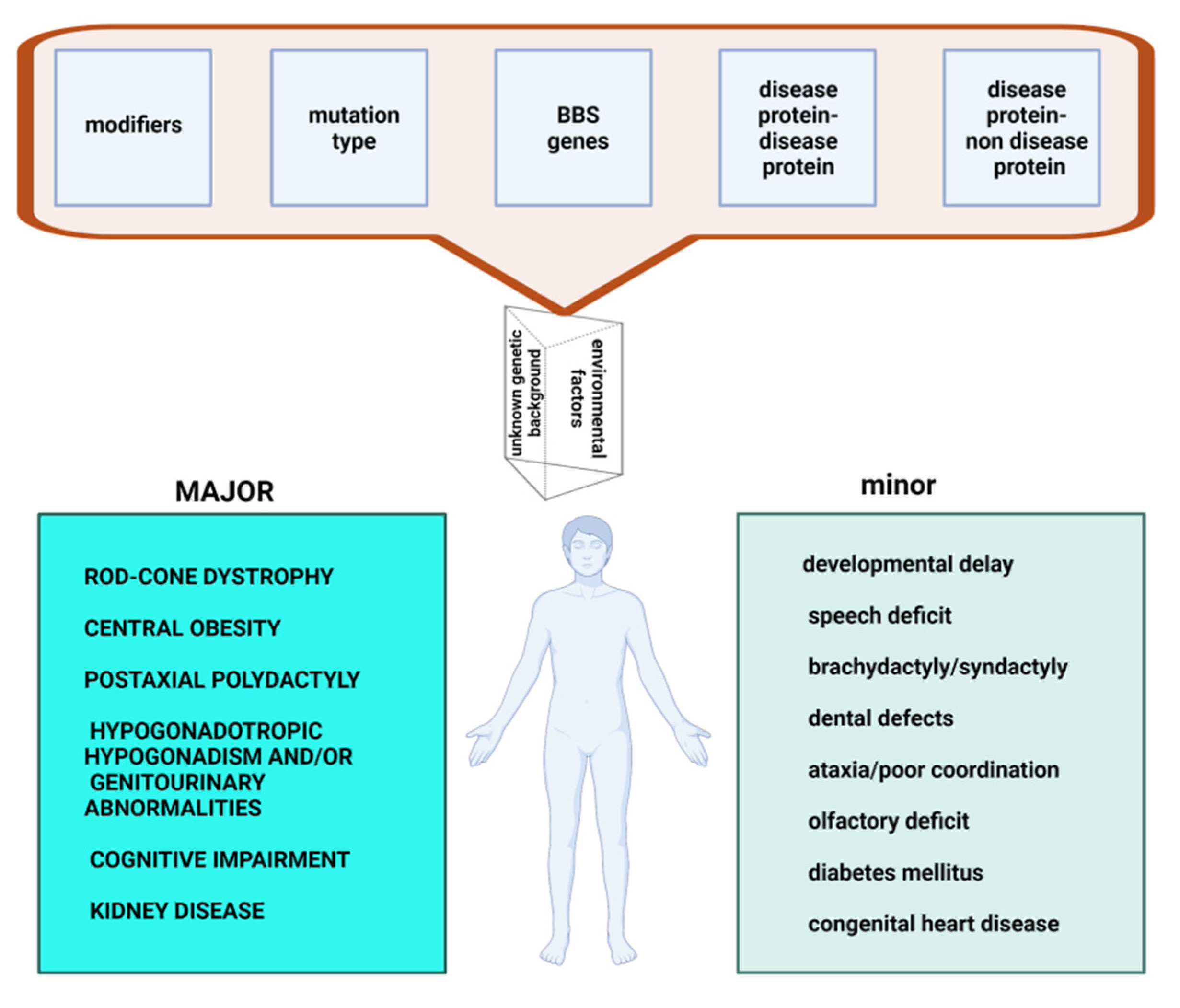
New insights into genetic variant spectrum and genotype–phenotype
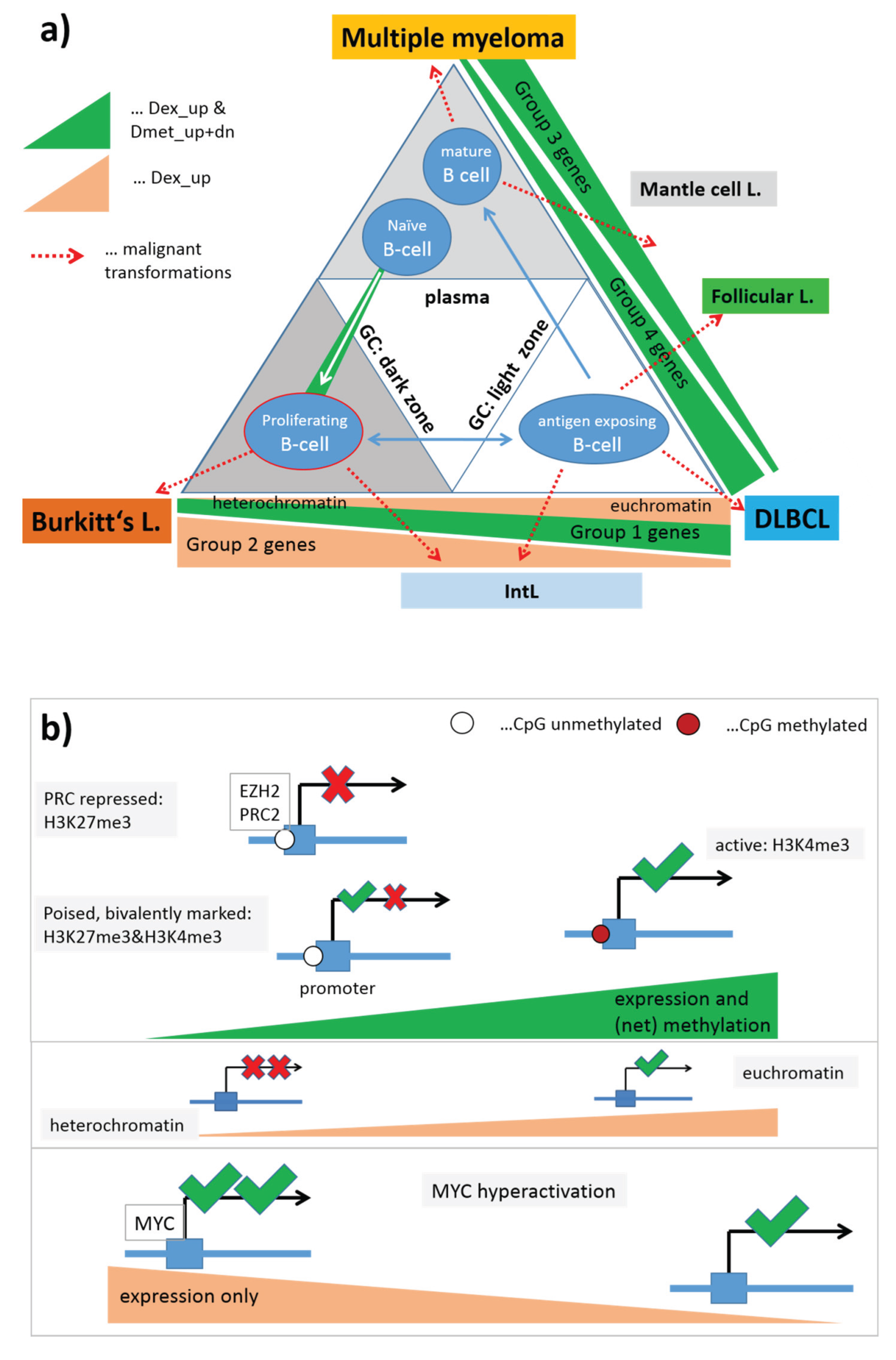
Genes, Free Full-Text

Stress and circulating cell-free mitochondrial DNA: A systematic review of human studies, physiological considerations, and technical recommendations - ScienceDirect
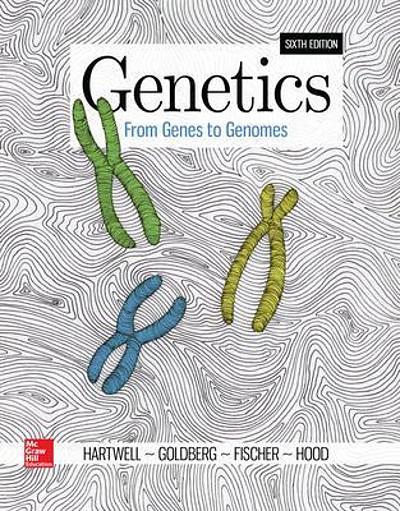
Genetics : from genes to genomes

Genes, Free Full-Text